Science Blog
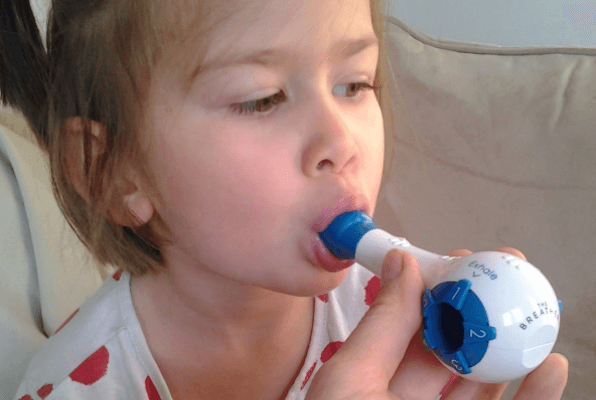
Use of respiratory muscle training (RMT) in children
Introduction to pediatric RMT Respiratory muscle training (RMT) is an effective therapy to reverse the clinical condition of respiratory muscle weakness (RMW). RMW is prevalent in people with respiratory, cardiac and neuromuscular disease, and during healthy aging....

IE-RMT in Athletes From 8 Clinical Trials
Breathing is a fundamental aspect of life, and a necessity to fuel the body, both at rest and during exercise. In times of high respiratory demand, such as running, swimming, cycling, climbing, the body automatically increases respiratory work. It is therefore...

RMT for athletes – boost your performance by training your respiratory muscles
Exercise can serve as recreational pastime, improve fitness, help to reduce weight, or represent the core activity of professional athletes. Independent of the goals of exercise, one fundamental rule of exercise states that muscles must be trained to improve...
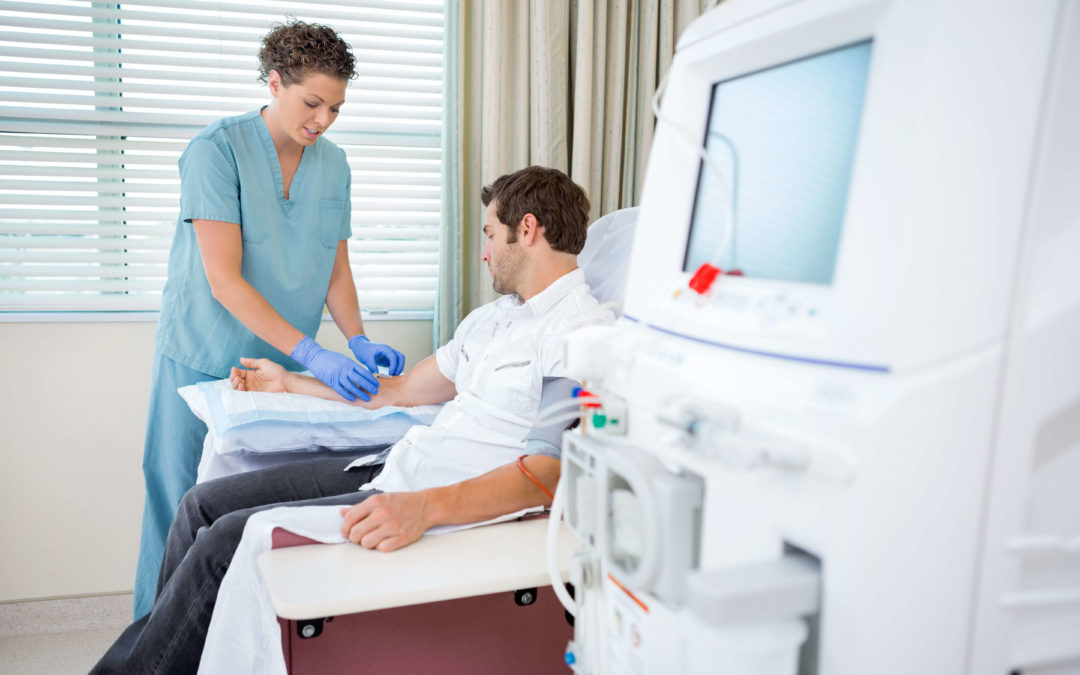
Effect of RMT on Chronic Kidney Disease (CKD)
People with chronic kidney disease (CKD) who need renal replacement therapy, such as hemodialysis, often develop uraemic syndrome, associated with impairment of respiratory function, loss of peripheral and respiratory muscle mass and strength, and low...

Effect of EMT on Advanced Multiple Sclerosis
Multiple sclerosis (MS) is a primary disorder of the central nervous system that can affect motor pathways and cause muscle weakness. If respiratory pathways are affected, respiratory muscle weakness contributes to poor cough performance, which can lead to aspiration,...
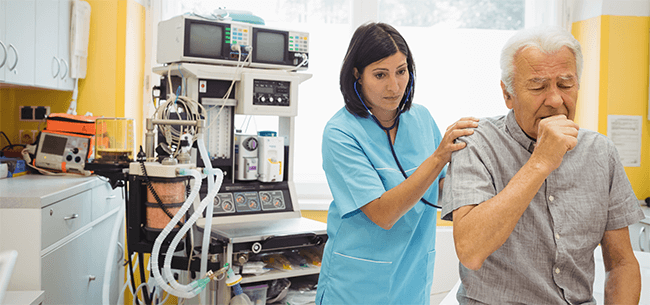
The effect of RMT on respiratory muscle strength cough post stroke
Coughing protects the lungs from aspiration, but is less effective in people with respiratory muscle weakness. Aspiration can lead to pneumonia, a common complication after stroke. Post stroke pneumonia leads to increased mortality, hospitalization rates, worse...
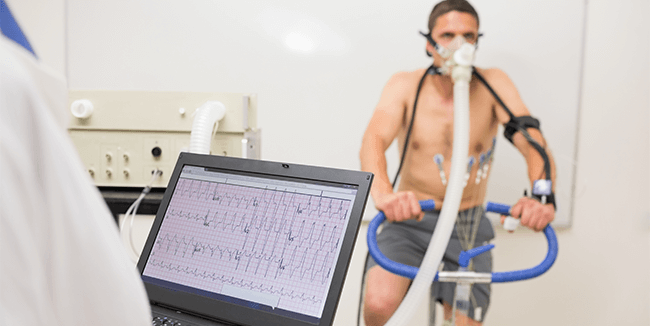
Meta-analysis of the effect of RMT on patients post stroke
Along with impaired motor function, respiratory muscle weakness, low thorax expansion, and postural trunk dysfunction greatly contribute to exercise intolerance and reduced ability to cope with activities of daily living (ADL) in individuals of all kinds. This...
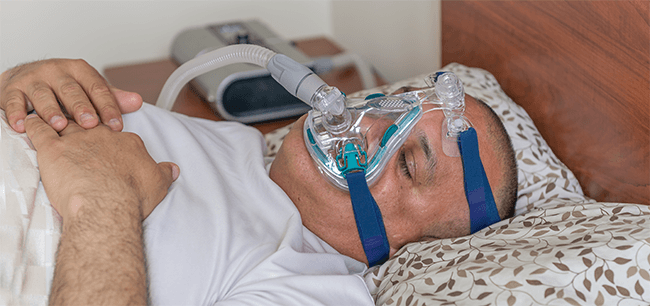
Effect of RMT OSA in people with SCI
Respiratory muscle weakness is prevalent among people with spinal cord injuries and leads to poor airway clearance and pneumonia. Twenty-eight percent of people with SCI die within the first year from respiratory complications. Respiratory muscle weakness may also...

Effect of RMT on reflux in GERD
The crural diaphragm (CD) is an essential component of the esophagogastric junction (EGJ) and, in combination with inspiratory muscles and abdominal wall, prevents gastroesophageal reflux (GER). CD is impaired in people with GER disease (GERD), leading to increased...

Effect of RMT on lung cancer patients
Dyspnea causes distress in about 70% of people with lung cancer, and can affect up to 90% of patients suffering from advanced lung cancer. Respiratory muscle training (RMT) may improve respiratory muscle strength, patient comfort and quality of life. RMT was tested as...
Search All Articles